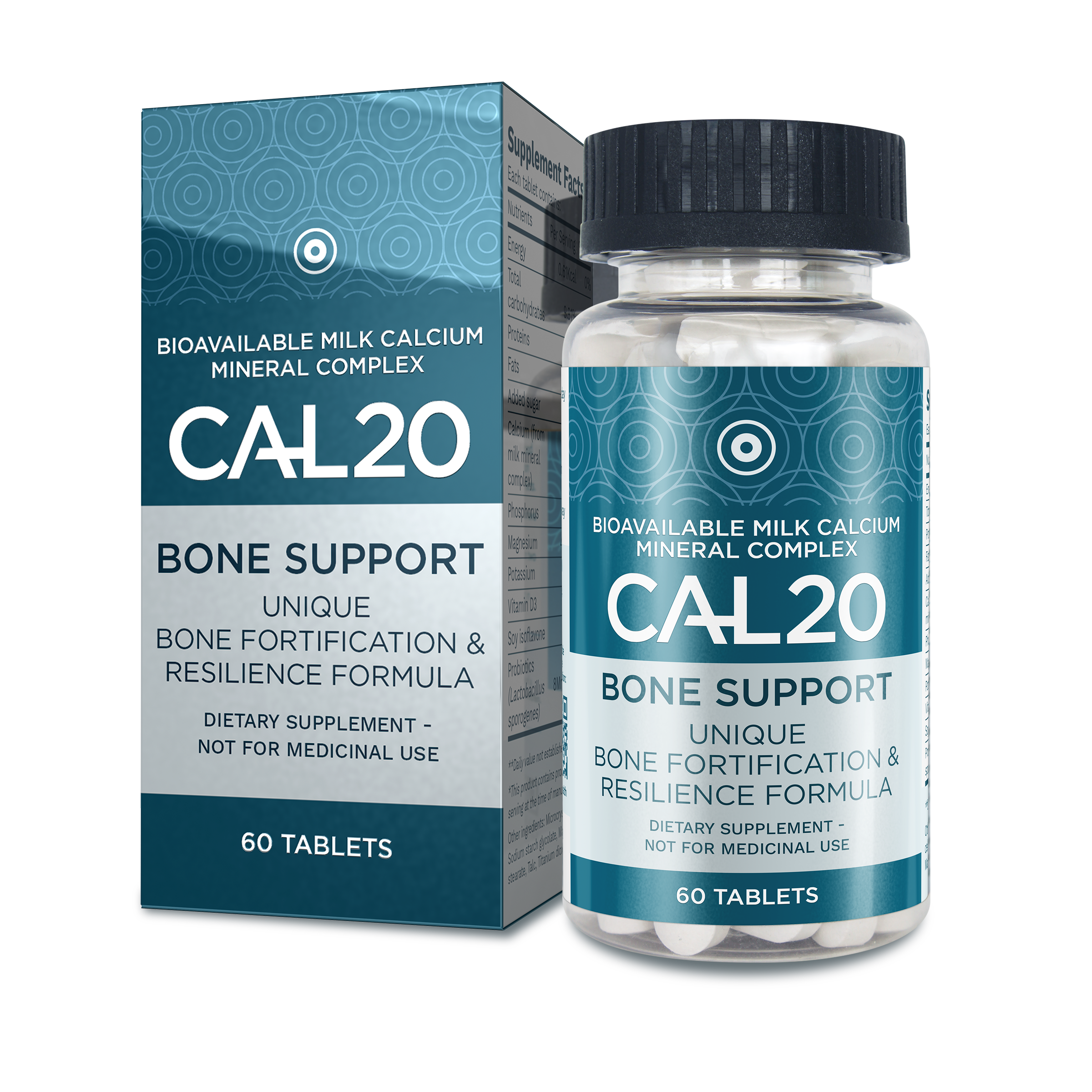The following article is an excerpt from the book Younger for Longer by Dr. Duncan Carmichael
Cravings
Why is it that I might decide that I do not want a coffee, but then – as I stroll past a coffee shop – the aroma draws me in and I end up buying a large cappuccino? What happened to make me suddenly need it? And why, after eating healthily for days, does one night of bad sleep make me spend the following morning craving doughnuts and toast? Why is the craving side of our brain so powerful? What is the benefit of having such a guileful temptress? Is there some evolutionary mechanism that means cravings are beneficial?
The answer seems to be that, in the same way that the stress response is designed to help us move away from danger, the craving response is designed to help us move towards that which is advantageous. Daniel Lieberman, a professor of human evolutionary biology at Harvard, argues that having a sweet tooth allowed our forefathers to find sugar-laden fruit, which helped their survival. It is only in the modern era of sugary excess that this attraction to anything sweet has morphed into an addiction and obesity problem.
For survival, it makes sense that our brain will naturally shy away from discomfort and move towards pleasure. However, the stresses of the modern world confuse that survival message. You might be up all night with the baby, or finishing a 12-hour late shift, or be studying the night before an exam – in each case you might well find your sleep-deprived brain starts to crave junk food. That is the same survival craving that our ancestors got, but the difference is that, smart as we are, our brain cannot differentiate between the stress of a cold, treacherous winter and the stress of self-inflicted sleep deprivation.
And it can happen in utterly ordinary moments: you might be working away for hours, your brain suddenly tires, and without a second thought you light a cigarette or grab a chocolate from the fridge or pour another cup of coffee … without even realising what you are doing. And these days, everything we think we need is brightly wrapped, conveniently close, and constantly available.
Lieberman’s theory is intriguing, so let us take a closer look at the key chemical involved in this process, because if we can understand matters from that level then we can work to reverse the problem. The brain hormone that kicks into action when we take our first sip of that delicious cappuccino is dopamine.
And it is not just sugar, coffee, alcohol or cigarettes that cause dopamine to kick into action: the buzz you get from a theme-park ride is dopamine; the alertness you feel after watching a horror movie is dopamine; the high derived from amphetamine slimming-tablets or cocaine is dopamine; and the attraction one feels for a new lover – yes that, too, is dopamine.
There is plenty of evidence that dopamine is the one to watch. Researchers have shown that when sugar is fed to rats, it triggers their brain to produce dopamine, as does giving them heroin. The simple fact is that dopamine is our most effective excitement hormone, and people will risk everything for its brief rush.
______________________________________________________________________________________________
References:
1.Lieberman DE. “Evolution’s Sweet Tooth.” New York Times (Jun. 5, 2012).
2. Greer S et al. “The Impact of Sleep Deprivation on Food Desire in the Human Brain.” Nat. Commun. (2013): 4: 2259.
3.Rada P. “Daily Bingeing on Sugar Repeatedly Releases Dopamine in the Accumbens Shell.” Neuroscience (2005). 737-744.
4. Tanda G et al. “Cannabinoid and Heroin Activation of Mesolimbic Dopamine Transmission by a Common μ Opioid Receptor Mechanism.” Science (1997): 276: 2048-50.




